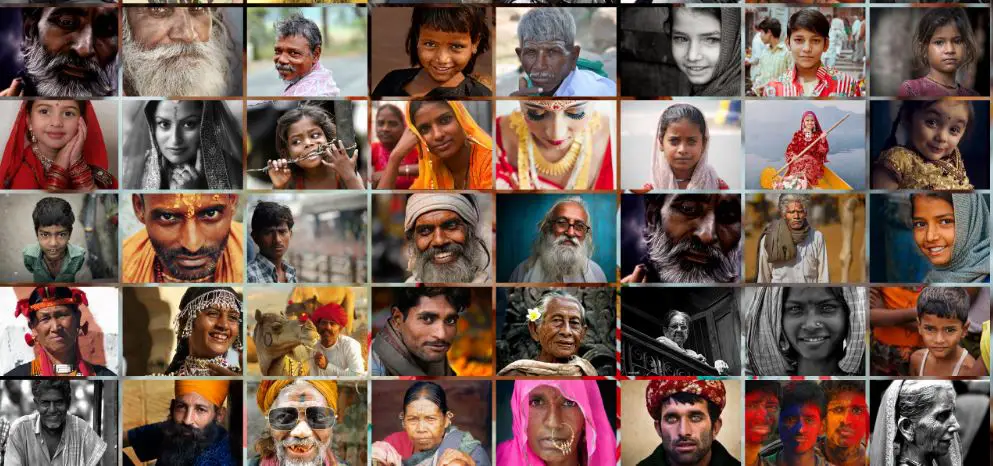
Rape is a heinous crime that can have devastating consequences for the victim, their family, and their community. In India, rape is a widespread problem, with an estimated 40,000 cases reported each year. However, the actual number of rapes is believed to be much higher, as many cases go unreported.
There are a number of factors that contribute to the high rate of rape in India. These factors include:
- Patriarchal culture: India has a deeply patriarchal culture, which values men over women. This culture creates an environment where rape is seen as a way for men to assert their dominance over women.
- Sexual taboos: There are strong sexual taboos in India, which can make it difficult for victims to come forward and report rape. Victims may fear being blamed or stigmatized for the crime.
- Lack of law enforcement: The law enforcement system in India is weak and inefficient. This makes it difficult for victims to get justice, and it emboldens perpetrators.
Effects of rape | UPSC – IAS
Rape can have a devastating impact on the victim, both physically and emotionally. Victims of rape may experience a range of problems, including:
- Physical injuries: Rape can cause serious physical injuries, such as bruises, cuts, and internal bleeding. In some cases, rape can also lead to sexually transmitted infections (STIs) or pregnancy.
- Emotional trauma: Rape can cause severe emotional trauma, such as post-traumatic stress disorder (PTSD), depression, and anxiety. Victims of rape may also experience feelings of shame, guilt, and isolation.
- Social stigma: Victims of rape may face social stigma and discrimination from their families, communities, and even from law enforcement officials. This stigma can make it difficult for victims to recover from the trauma of rape and to rebuild their lives.
How to deal with rape | UPSC – IAS
If you have been raped, it is important to seek help as soon as possible. There are a number of resources available to help you, including:
- Medical care: If you have been physically injured, it is important to seek medical attention. You may also need to be tested for STIs and pregnancy.
- Emotional support: There are a number of organizations that can provide emotional support to victims of rape. These organizations can offer counseling, support groups, and other resources to help you cope with the trauma of rape.
- Legal assistance: If you want to pursue legal action against your attacker, you can get assistance from a lawyer or from a victim advocacy organization.
Solutions and prevention | UPSC – IAS
There are a number of things that can be done to address the problem of rape in India. These include:
- Educating people about rape: It is important to educate people about rape, including what it is, what the signs and symptoms are, and how to prevent it. This education should start at a young age and should be provided to both boys and girls.
- Changing attitudes towards women: It is important to change attitudes towards women in India. This means challenging the patriarchal culture and promoting gender equality.
- Strengthening law enforcement: The law enforcement system in India needs to be strengthened so that victims of rape can get justice. This includes training police officers to investigate and prosecute rape cases effectively, and it also includes ensuring that victims have access to legal support.
Fun fact: Did you know that India has the fourth-highest number of women in parliament in the world? This is a sign that India is making progress towards gender equality.
Conclusion | UPSC – IAS
Rape is a serious problem in India, but there are a number of things that can be done to address it. By educating people about rape, changing attitudes towards women, and strengthening law enforcement, we can create a safer and more just society for all.
Additional information | UPSC – IAS
Here are some additional tips on how to prevent rape:
- Be aware of your surroundings and avoid walking alone at night.
- Trust your instincts and if you feel uncomfortable in a situation, leave.
- Don’t go to places with people you don’t know or trust.
- Set boundaries and let people know what you are and are not comfortable with.
- If you are drinking, do so responsibly and don’t leave your drink unattended.
- If you are under the age of consent, do not engage in sexual activity.
If you are a parent or guardian, you can help to prevent rape by talking to your children about sex and consent. You should also teach your children how to stay safe and how to report abuse.
It is important to remember that rape is never the victim’s fault. If you or someone you know has been raped, please seek help. There are people who care and want to help you.


